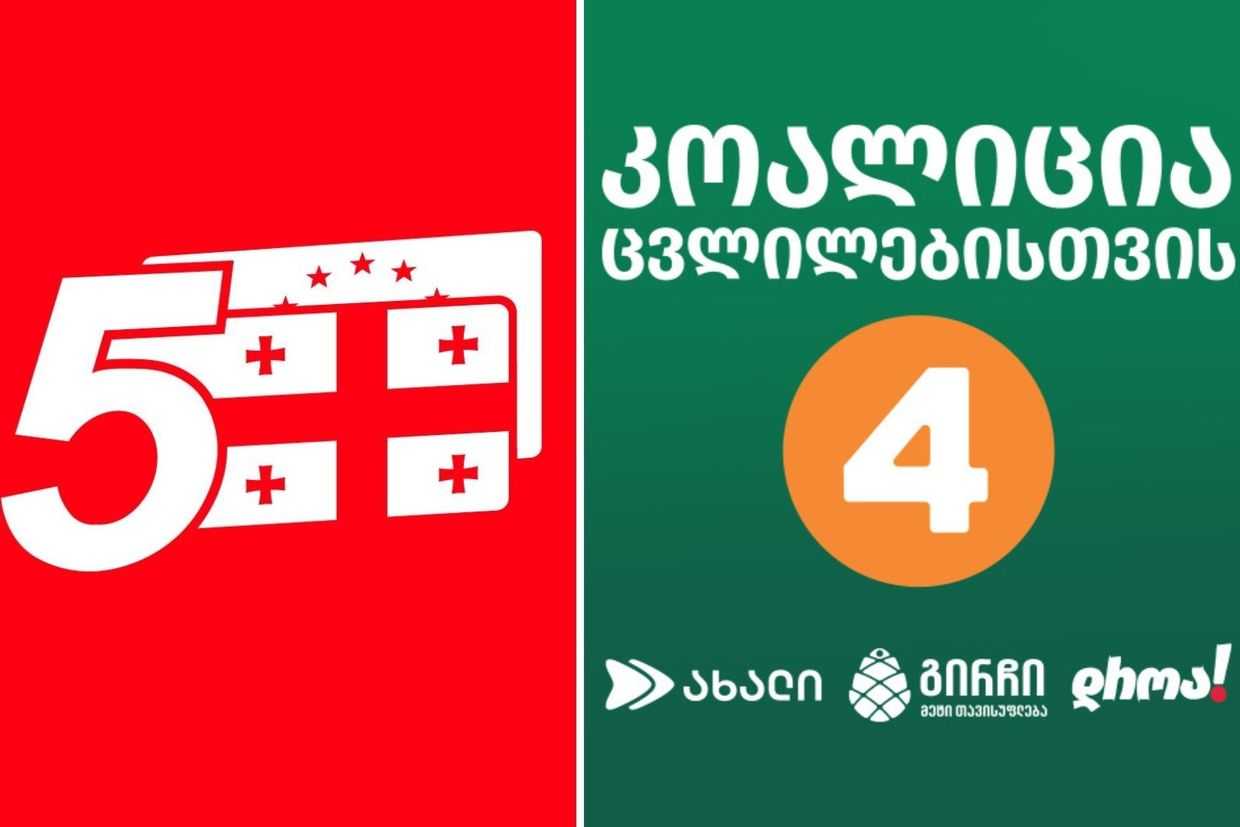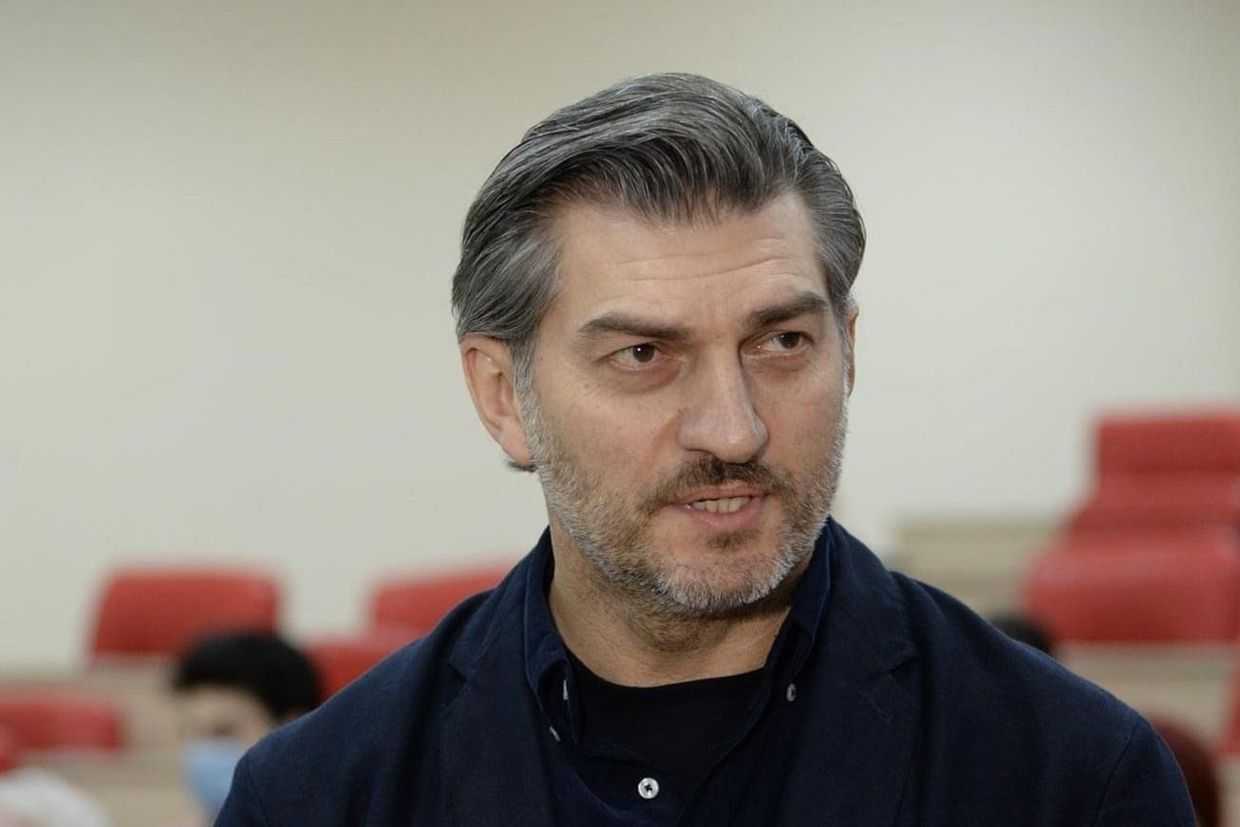
Three opposition members in Georgia have said that their bank accounts have been frozen for failing to pay fines, with all three claiming not to have received official notice of the fines.
On Wednesday, Gela Khasaia, a member of the opposition Coalition for Change, wrote on Facebook that he was not handed a protocol ordering him to pay the fine imposed by the Tbilisi City Court on charges of petty hooliganism and disobeying police.
Khasaia was originally arrested on 16 April during mass protests against the foreign agent law, which was reintroduced in parliament by the ruling Georgian Dream party. Its reintroduction led to widespread criticism from both inside and outside the country, including sanctions from the US and the halting of the country’s EU application.
Khasaia wrote on Facebook that he had contacted the General Courts Information Centre on Tuesday and was told he would have to wait for the protocol to be handed to him before paying the fine. However, he said instead of this, he received a message that his bank accounts had been frozen.
‘During the protest against the Russian law [the foreign agent law], I was caught at the rally, my teeth were broken, they [law enforcement officers] ran over me’, he wrote. ‘[The court] fined me ₾2,700 ($990) […] I called the hotline, they didn’t even tell me where to pay [the fine], they told me that I should wait for the protocol and sign it’.
Georgia’s foreign agent law labels any civil society or media organisation that receives at least 20% of their funding from outside Georgia ‘organisations carrying out the interests of a foreign power’. Such organisations are subject to ‘monitoring’ by the Ministry of Justice every six months, which could include forcing them to hand over internal communications and documents and confidential sources. Organisations and individuals who do not comply are subject to large fines.
The previous evening, on Tuesday night, Beka Beridzishvili, a member of the opposition Strong Georgia alliance, wrote on Facebook that he had been fined by Tbilisi City Hall for pasting a sticker on a temporary construction fence in April. He stated that he only found out about the fine earlier that day when he received a text message notifying him that his accounts at ‘all banks’ had been frozen.
According to him, Tbilisi City Hall fined him ₾1,000 ($370) for ‘distorting the appearance’ of the fence. Later, the court added another ₾70 ($25) for ‘non-payment’ of the fine.
‘Putting a sticker on a temporary construction fence is not punished, it is allowed’, he wrote.
The first politician who said that his bank accounts had been frozen was another opposition Coalition for Change member, Boris Chele Kurua. In May, the Tbilisi City Court fined Kurua, along with more than 50 other demonstrators, ₾500 ($180) for artificially blocking a road during protests against the foreign agent law.
The freezing of the accounts came as a surprise to him as well, and he said on Facebook that an additional ₾50 ($18) had been added to his original fine for non-payment.
Speaking to Mtavari Arkhi, Kurua said on Monday that he, along with other activists, had been waiting for the court order to be sent to him, but instead his bank accounts were frozen.
‘We understand that if we were supporters […] of the Georgian Dream, of course, they would not have treated us like this, and they are doing all this in order to create discomfort for people who do not think like them’, he said.









